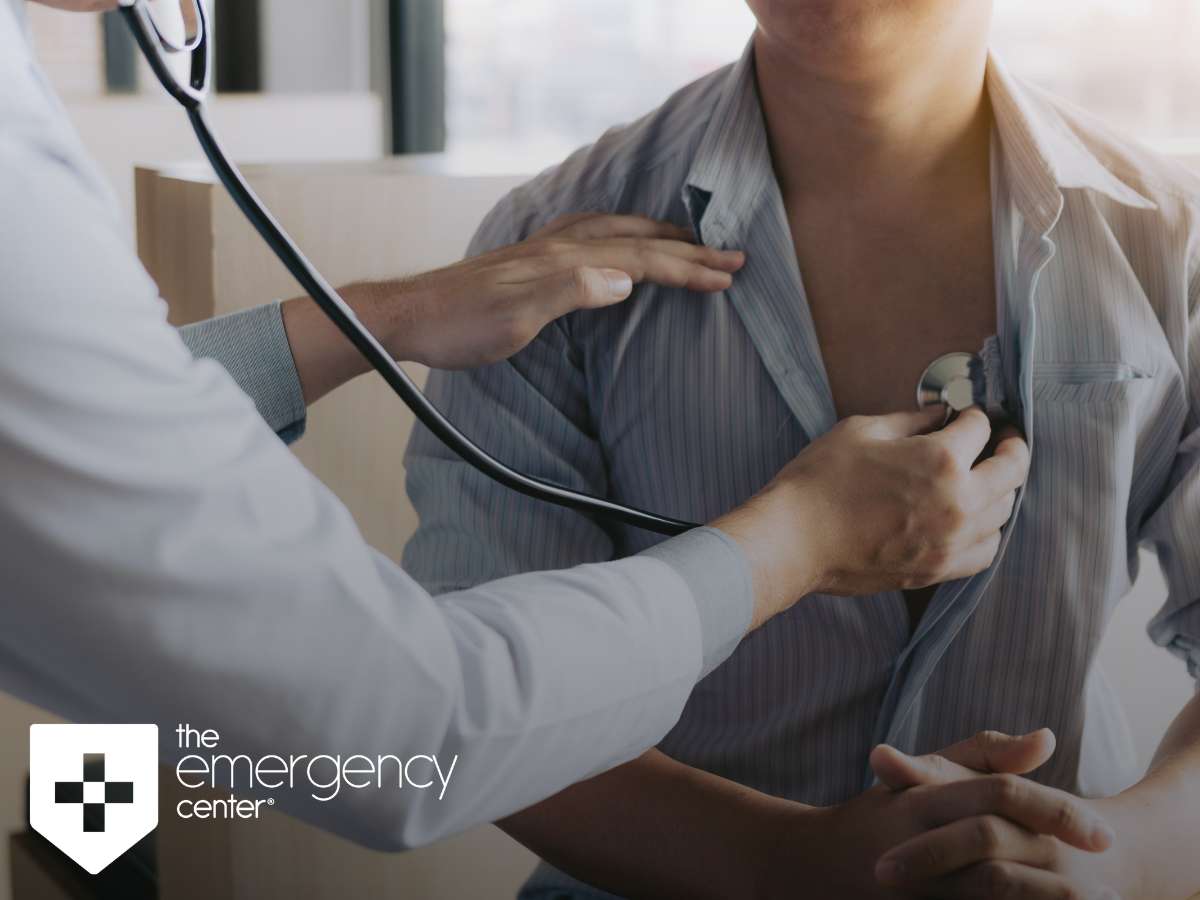Cardiovascular disease is the leading cause of death for both men and women, representing 1 of every 3 deaths in the United States, and can be a silent killer. If you’re 40 years old or older, you should check your heart to ensure there’s no risk of cardiovascular diseases. Getting your heart checked at least once a year can be enough to keep your body healthy.
In the following article, we’ll share basic information you should know before going for a heart check. This way, you can get a better idea of the process.

A blood pressure reading is recorded as two numbers:
A pulse, also known as heart rate, is the number of times your heart beats per minute. A normal resting heart rate for adults ranges from 60 to 100 beats a minute. Generally, a lower resting heart rate implies more efficient heart function and better cardiovascular fitness.
The electrocardiogram (ECG or EKG) is a noninvasive test that is used to reflect underlying heart conditions by measuring the electrical activity of the heart. The test determines if the electrical activity is normal, slow, fast, or irregular and may indicate if parts of the heart are too large or overworked.
Serum lipid profile is measured for cardiovascular risk prediction. The test includes four basic parameters: Total Cholesterol, HDL Cholesterol, LDL Cholesterol, and Triglycerides. There is a correlation between elevated cholesterol and heart disease.
The ASCVD Risk Calculator is a screening tool developed by the American Heart Association and the American College of Cardiology used to predict the risk of cardiovascular events such as coronary or stroke death or non-fatal myocardial infarction (also known as a heart attack) or stroke in next 10 years. It is used for guiding potential medical, lifestyle, and dietary modifications to reduce risk.
Preventing heart valve disease depends on a person’s lifestyle. Eating heart-healthy foods, such as fruits, vegetables, oats, whole grains, and omega-rich fish such as salmon, helps keep a healthy heart. Maintaining a healthy weight keeps the heart from overworking and keeps blood pressure low. Avoid all tobacco products because they are not good for the heart. Finally, do everything possible to maintain a low-stress lifestyle, and heart valve disease will be one less concern.
Our staff in San Antonio is here to answer any questions about how often a doctor or healthcare professional should check your heart, or how other conditions might affect it. Contact us at any time to learn more and schedule your appointment!
The Emergency Center
San Antonio
11320 Alamo Ranch Pkwy
San Antonio, TX 78253
Phone: 210-485-3644
Conroe
4019 I-45 N,
Conroe, Texas 77304
Phone: 936-247-9457
Experiencing abdominal pain? Learn what it could mean by location and when to visit the…
Is your skin redness a sign of something serious? Learn about different types of skin…
Why are ER wait times so long? An emergency room physician explains key delays and…
Are you aware of the dangers of carbon monoxide? Learn prevention tips, symptoms, and how…
Enjoy winter sports safely! Learn how to prevent injuries & discover when to visit emergency…
Worried about ER visits this New Year’s Eve? Learn top safety tips to avoid common…